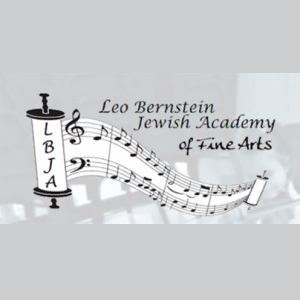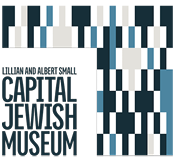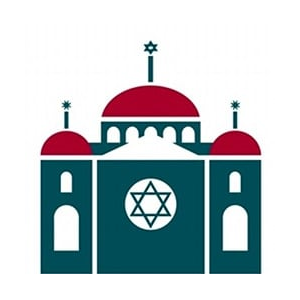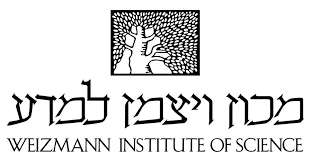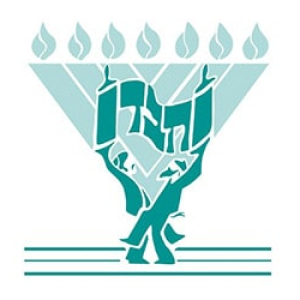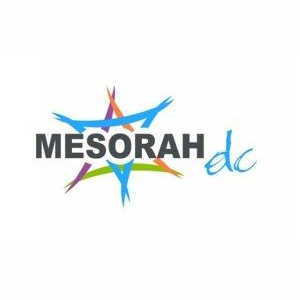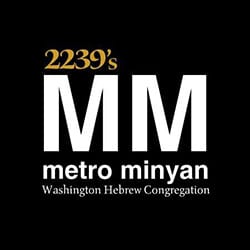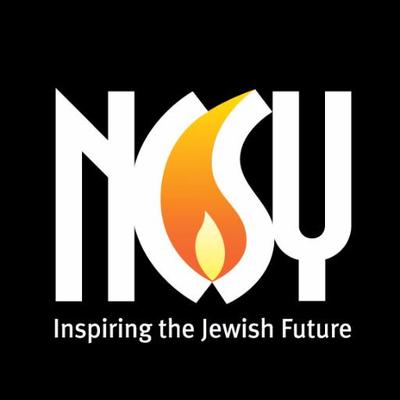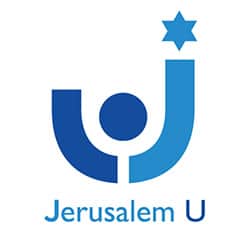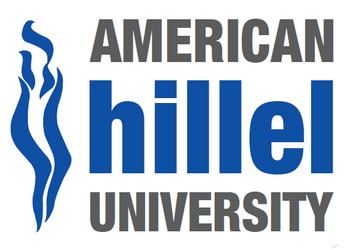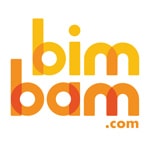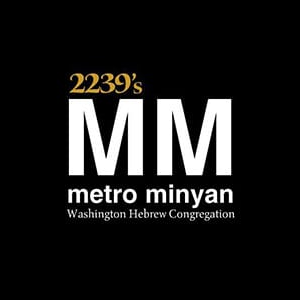Jewish Causes BFF Grantees
The foundation seeks to strengthen the Jewish community of Washington, DC through its support of spiritual leaders, synagogues and community programs that educate Jewish children and adults and support the development of Jewish identity. Priority is given to leaders, institutions and projects that use innovative tools to examine the current state of Jewish identity; foster dialogue and bridge cultural divides; and expand Jewish culture in a modern way. The foundation does not accept unsolicited proposals.
For more information about the foundation’s grant-making process, visit Grant Guidelines.
2020 Jewish Causes Grantees
2239 inspires Jews to fall in love with Judaism.
In a day and age when Shabbat observance is down, intermarriage is up, and declining percentages of Jews participate in the Jewish community, send their children to Jewish day school, summer camps, or join congregations, 2239 seeks to light a flame in the Jewish soul. 2239 is pioneering a model of deep engagement for otherwise unaffiliated Jews that successfully plants the seeds for lifelong involvement. Over the coming year, we hope to expand our local impact and help guide and support other 2239-inspired models around the country.
Locally, 2239 is the only Shabbat designed from start to finish for unaffiliated Millennial Jews. From how we greet people at the door to how we study Torah, from the singing community we create during our standing-room-only Shabbat services to our Newcomer’s Tables at dinner, participants may have stepped away from Judaism for a decade or more, but through 2239, rediscover their Jewish home.
Capital Jewish Museum seeks support for the design and testing of three model educational experiences for families and school groups, each of which will be tested multiple times with audiences in preparation for implementing them in the new Lillian and Albert Small Capital Jewish Museum when it opens in 2021. The target audience is 5th-10th grade students, Jewish and non-Jewish, in the DC region. Programs will cover three key themes:
• Immigration – Immigrant stories of the Jewish experience in Washington provide a springboard to a greater understanding of immigration debates/experiences/reality today. We want to create a welcoming, experiential programs for first- and second-generation immigrants to put their own family’s experiences in a broader context.
• Civil discourse and tolerance/combatting antisemitism — Using historical context, we seek to engage students in civil dialogue around difficult issues. Programs will focus on critical moments in DC Jewish history and their current relevance, including General Grant’s Order #11, Justice Louis Brandeis’ Confirmation Hearings in 1916, and the Supreme Court case Shaare Tefila v. Cobb.
• Civic engagement — Workshops will encourage students to (1) identify key community needs/social action issues aligned with their personal values, (2) examine the context around their issue through exploration of primary documents and historical examples, (3) explore the issue through discussion/debate, and (4) take action by identifying and implementing tools of change.
The Weizmann Institute of Science in Rehovot, Israel, is one of the world’s top-ranked multidisciplinary research institutions. Noted for its wide-ranging exploration of the natural and exact sciences, the Institute is home to 3,800 scientists, students, technicians, and supporting staff. Institute research efforts include searching for new ways of fighting disease and hunger, examining leading questions in mathematics and computer science, probing the physics of matter and the universe, creating novel materials, and developing new strategies for protecting the environment. The American Committee for the Weizmann Institute of Science is a community of dedicated people who share a common vision in support of the Institute. The generous assistance the Institute receives from individuals, foundations, and corporations is vital for its future to advance the Institute’s goals by becoming partners in the search for answers to the most difficult challenges facing humanity.
2019 Jewish Causes Grantees
2239 inspires Jews to fall in love with Judaism.
In a day and age when Shabbat observance is down, intermarriage is up, and declining percentages of Jews participate in the Jewish community, send their children to Jewish day school, summer camps, or join congregations, 2239 seeks to light a flame in the Jewish soul. 2239 is pioneering a model of deep engagement for otherwise unaffiliated Jews that successfully plants the seeds for lifelong involvement. Over the coming year, we hope to expand our local impact and help guide and support other 2239-inspired models around the country.
Locally, 2239 is the only Shabbat designed from start to finish for unaffiliated Millennial Jews. From how we greet people at the door to how we study Torah, from the singing community we create during our standing-room-only Shabbat services to our Newcomer’s Tables at dinner, participants may have stepped away from Judaism for a decade or more, but through 2239, rediscover their Jewish home.
Capital Jewish Museum seeks support for the design and testing of three model educational experiences for families and school groups, each of which will be tested multiple times with audiences in preparation for implementing them in the new Lillian and Albert Small Capital Jewish Museum when it opens in 2021. The target audience is 5th-10th grade students, Jewish and non-Jewish, in the DC region. Programs will cover three key themes:
• Immigration – Immigrant stories of the Jewish experience in Washington provide a springboard to a greater understanding of immigration debates/experiences/reality today. We want to create a welcoming, experiential programs for first- and second-generation immigrants to put their own family’s experiences in a broader context.
• Civil discourse and tolerance/combatting antisemitism — Using historical context, we seek to engage students in civil dialogue around difficult issues. Programs will focus on critical moments in DC Jewish history and their current relevance, including General Grant’s Order #11, Justice Louis Brandeis’ Confirmation Hearings in 1916, and the Supreme Court case Shaare Tefila v. Cobb.
• Civic engagement — Workshops will encourage students to (1) identify key community needs/social action issues aligned with their personal values, (2) examine the context around their issue through exploration of primary documents and historical examples, (3) explore the issue through discussion/debate, and (4) take action by identifying and implementing tools of change.
The Weizmann Institute of Science in Rehovot, Israel, is one of the world’s top-ranked multidisciplinary research institutions. Noted for its wide-ranging exploration of the natural and exact sciences, the Institute is home to 3,800 scientists, students, technicians, and supporting staff. Institute research efforts include searching for new ways of fighting disease and hunger, examining leading questions in mathematics and computer science, probing the physics of matter and the universe, creating novel materials, and developing new strategies for protecting the environment. The American Committee for the Weizmann Institute of Science is a community of dedicated people who share a common vision in support of the Institute. The generous assistance the Institute receives from individuals, foundations, and corporations is vital for its future to advance the Institute’s goals by becoming partners in the search for answers to the most difficult challenges facing humanity.

